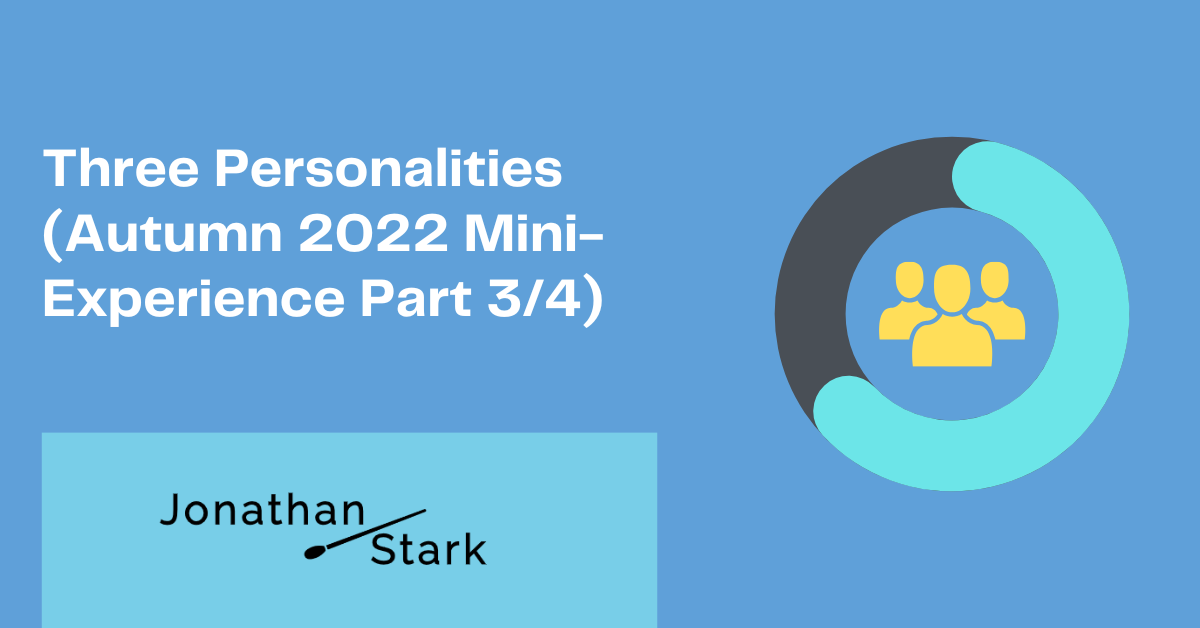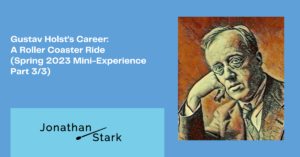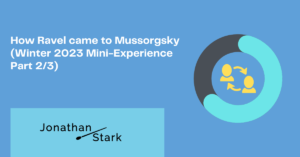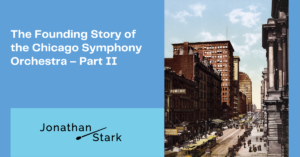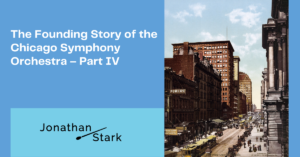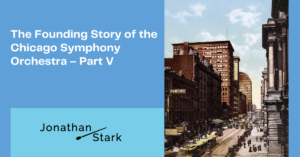In Part 2, you learned that Hugo Riemann wanted to become a professor as soon as possible after his habilitation. But a gauntlet began that was to last 20 years. In the process, Riemann got to know three (important) people in classical music. All three were decisive for Riemann’s career.
Before I introduce you to these three people, you need to know that Riemann’s gauntlet involved many moves. He offered his services in many different cities, but was usually only able to snag small (poorly paid) teaching jobs. In Bydgoszcz (in present-day Poland), for example, he briefly directed the local choir….
Don’t forget: Riemann was already habilitated! He had imagined his professional life after his habilitation differently.
After three years came the first ray of hope: Riemann received a somewhat larger teaching position at the conservatory in Hamburg in 1881, where he taught all theoretical subjects as well as piano playing.
This teaching position was such a great improvement for Riemann that he remained in Hamburg for nine years. During this time he met the first of the three central personalities: Johannes Brahms.
Johannes Brahms, who was already living in Vienna at the time but was a native of Hamburg, is today considered one of the most important composers of the 19th century. Even when Riemann met him, Brahms was already an established composer: he was about 50 years old (Riemann was 16 years younger) and working on his Symphonies Nos. 3 and 4 in the 1880s.
In addition, Brahms had already composed many songs – and these aroused Riemann’s interest. Although Riemann was not immediately able to devote himself intensively to Brahms’ Songs, the seed had been sown – and was to blossom many years later.
But before that, Riemann’s next stop was to come: In 1890, he taught for three months at the princely conservatory in Sondershausen. Here he met the second central personality – Max Reger.
Max Reger, who was just 17 years old at that time, was a student of Hugo Riemann in Sondershausen. The student-teacher relationship soon became a friendship. When Riemann left Sondershausen after only three months, Reger followed him to his next station: Wiesbaden. Soon Reger was quasi a Riemann family member and Hugo Riemann his “foster father”.
But it was not to remain so. The relationship later changed dramatically. More about this in part 4.
Riemann now taught in Wiesbaden, where he stayed for five years and met the third central personality: Hans Pfitzner, who was also a student of Riemann’s for a short time.
Hans Pfitzner was in his early 20s – and desperate. He had just composed his first opera, entitled “Poor Heinrich,” but not a single opera house in Germany would perform the work. Pfitzner had suicidal thoughts.
But then came a ray of hope – and it came from Hugo Riemann.

